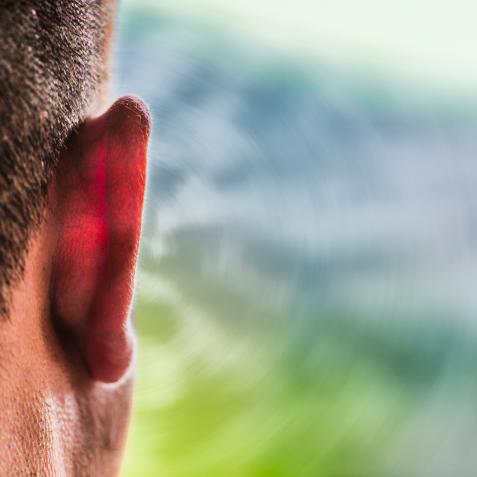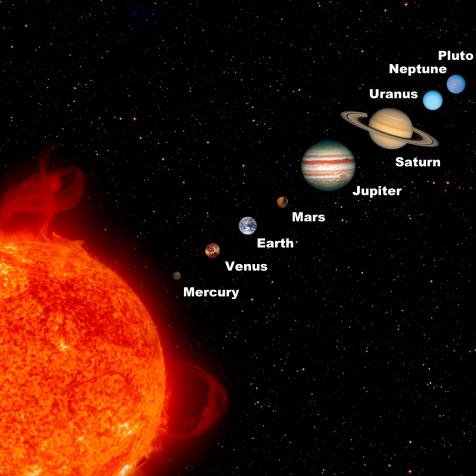
Getty Images
This Is Why Your Eyes Get Puffy When You Cry
Your eyes puff up due to the process of osmosis.
It's nearly impossible to have a good cry without getting the telltale red, puffy eyes that reveal your emotions to the world. We've all tried concealer and cold compresses to get the swelling to go down after a particularly intense crying jag. (Anyone? Just us?) Why is it that crying leaves your eyes so swollen? It turns out that sometimes, you cry so much that your eyes' drainage system can't keep up.
Moisture Managed
Your eyes produce three different types of tears: basal, reflex, and emotional tears. Basal tears keep your eyes lubricated and protect your cornea from dirt and debris. These tears are constantly secreted but not enough to cause overflow, so most people aren't aware that they're always tearing up a little bit.
When a potential irritant — like smoke, dust, or fumes from cutting onions — threatens to damage your eyes, they produce reflex tears as an extra protective measure. Reflex tears contain additional antibodies to fight off bacteria, and they're often produced in larger quantities to flush out the threat.
Emotional tears have a slightly different chemical composition than basal and reflex tears. They've been found to contain proteins and hormones not present in other types of tears, which might help bring the body back into balance after bursts of emotion.
All of these tears are produced by the lacrimal gland, which is located just above your eye. When the lacrimal gland produces just a few tears, they coat your eyes as you blink and then drain into your nose via the puncta, the tiny holes in the corners of your eyelids. But when life calls for a full-on sob-fest, your lacrimal drainage system gets overwhelmed.
Taking on Water
When your eyes produce a lot of tears (usually emotional tears), your lacrimal system can't keep up. Tears that usually evaporate or reabsorb into your nose instead spill out of your eyes before they even make it to the puncta. Those that do make it take an even more inconvenient route: You're probably familiar with the snotty mess that comes with crying. Believe it or not, tears can actually come out of your nose if you're crying hard enough.
This is when the swelling starts. Tears are more watery and less salty than the fluid that fills your cells — or, in seventh-grade science class terms, tears are a less concentrated solution. By the process of osmosis, water from your tears flows through a semipermeable membrane into the tissue around your eyes to balance out the concentration of salt on either side. This causes your eyes to appear puffy, which is only aggravated when you rub them while you're crying.
The dilation of blood vessels in and around your eyes can also contribute to swelling. If you're producing a lot of tears, nearby blood vessels will dilate to increase blood flow to the eye area, which is necessary because — and this might be freaky — your tears are derived from your blood supply. Sure, tears are mostly made of water with a sprinkling of salt and proteins, but the idea of crying out a blood product could be hard to wrap your head around.
As of now, there's no surefire way to prevent the puffiness associated with crying, but there are a few things you can try. A cold compress can help to reduce the swelling (and feels pretty soothing after a crying spell). Believe it or not, hemorrhoid creams may also do the trick — they contain compounds designed to shrink the blood vessels and reduce inflammation. If you're especially concerned about the telltale signs of puffy eyes, lay off the comfort food, as excess sodium can make the puffiness worse. But while we wait for a scientific puffiness-busting breakthrough, there's a foolproof excuse to fall back on: blame it on allergies.
This article first appeared on Curiosity.com.


















